Boat strike death toll climbs, legal justification still hidden


AI-generated image
The U.S. classifies far too many secrets, obstructing democracy.
Excessive government secrecy takes many forms, from agencies needlessly claiming documents are classified to ignoring information requests and destroying records — even when the documents show government fraud or illegal conduct. This hinders a free press, effective oversight, and the public’s ability to self govern.
We need to fight for systemic improvements, and we need the press to vigorously question the government every time it says something is classified.
Demand transparency around lethal targeting of alleged drug boats.
The public deserves to scrutinize the legal rationale behind the deadly attacks on alleged drug boats, but the administration is keeping the Department of Justice memo secret. Congress can change that — but it needs to hear from you to act.

Plus: Judge Cannon helps bury the Jack Smith report on classified documents at Mar-a-Lago
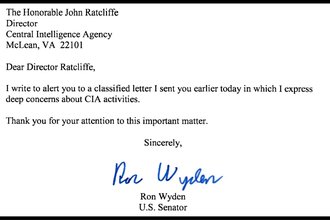
Plus: The State Department is purging its X accounts. That will only make diplomacy harder
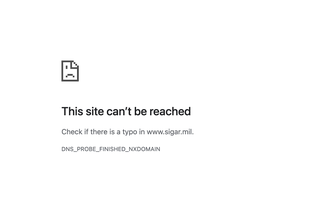
Congress needs to get serious about body cameras. Here’s two ways it can

Plus: Administration releases partial legal rationale for Venezuela strike
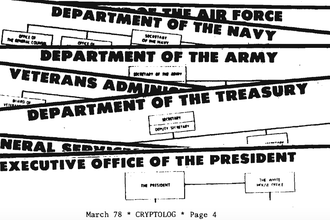
Plus: Trump administration continues reliance on secret law to justify potentially unlawful actions
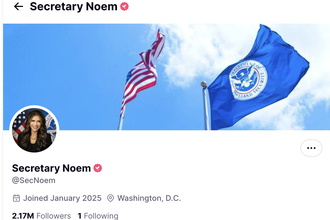
FPF is appealing the dubious DHS response to our FOIA request
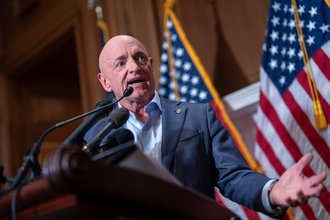
Plus: IRS says it will take eight months to search for an email

Legislative immunity was made for this moment
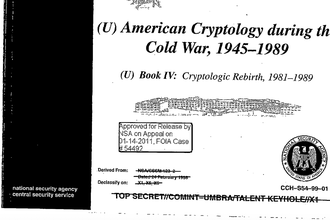
Plus: Let’s call DHS what it is — a domestic spying agency.

Plus: Public records give the DOJ two black eyes this week
Something went wrong and your email updates subscription could not be processed. Please visit our signup page and try again.
Thank you for asking Congress to read the boat strike memo into the Congressional Record.
Share this message on social media: The public deserves to scrutinize the legal rationale behind the deadly attacks on alleged drug boats, but the administration is keeping the memo secret.
Congress can change that today.
Use our action center tool to tell Congress to read the memo into the Congressional Record.